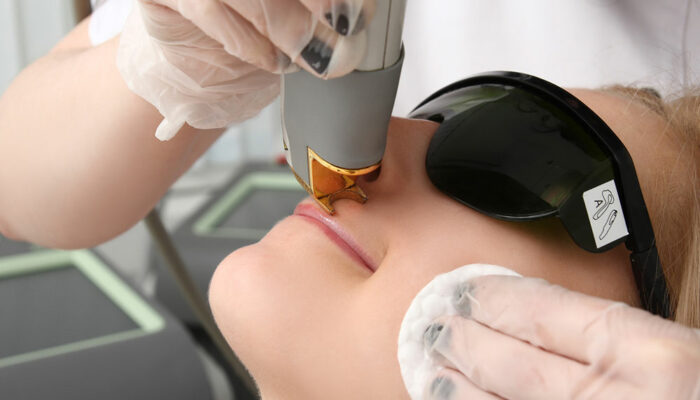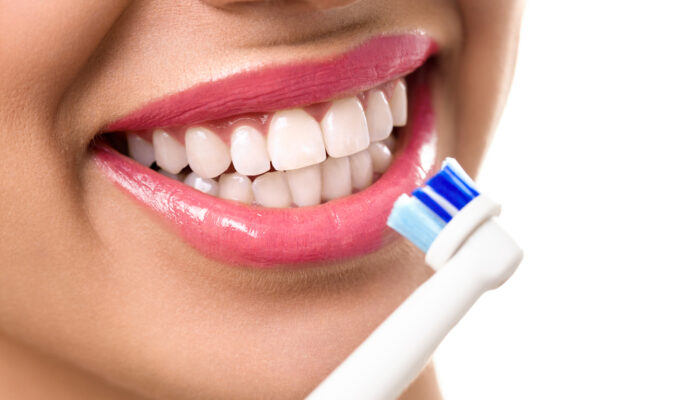
How to Avoid IBS
Irritable bowel syndrome, or IBS, is a functional gastrointestinal disorder that causes several uneasy and embarrassing symptoms. There are three different types of IBS, namely IBS with diarrhea, IBS with constipation, and IBS with mixed bowel habits. Each condition is characterized by the pattern and change it brings about in your bowel movements.
IBS with diarrhea, popularly known as IBS-D, has some common symptoms like sudden urges to have bowel movements, abdominal discomfort, gas, loose stools, and nausea. This condition can be prevented or cured by implementing some simple IBS dietary tips in your regular diet. If you are having unusual symptoms, you should consult a health-care professional for medical assistance.
Diet and lifestyle changes are inevitably important to decrease the frequency and severity of IBS-D. It has several embarrassing and uneasy symptoms which can be prevented or cured through some dietary changes in your regular lifestyle.
Some of the primary but useful dietary tips are:
1. Take smaller portions of food at frequent intervals
You are advised to take food in lesser quantities than you usually would. Eating smaller meals can help you to reduce abdominal cramps and pains. Additionally, chewing your food slowly and thoroughly can help digest the food easily. Generally, following this dietary tip can relieve you from pain and discomfort.
2. Follow a low FODMAP diet
You need to go through a special type of diet in IBS known as the low FODMAP diet. In this diet, you must consume foods that are easy to digest and have fewer carbohydrates. You need to follow this diet for a couple of days before you conclude its effectiveness. If your symptoms have improved, then you can slowly add foods that contain FODMAPs into your diet.
3. Avoid IBS triggers
Certain foods trigger the symptoms of IBS-D. Some tips recommends reducing the intake of cruciferous vegetables, legumes, lentils, soy, nuts, caffeine, alcohol, and sweeteners to improve your health during this syndrome.
4. Include healthy foods your diet
While some foods worsen the condition, others could help you deal with IBS. Foods containing probiotics or bacteria like yogurt and aged cheeses help with digestion, curbing the symptoms of IBS.
5. Avoid carbonated water
Drinking fluids helps the body maintain its natural functions; this also helps your stomach function as it should. You must avoid carbonated drinks during this syndrome as it causes gas and bloating, which trigger IBS. In IBS with diarrhea, you must drink plenty of water to avoid getting dehydrated.
IBS with diarrhea (IBS-D) can be prevented by implementing several dietary changes. Every individual is different and so is the syndrome. Therefore, try different methods to see what works best for you.



